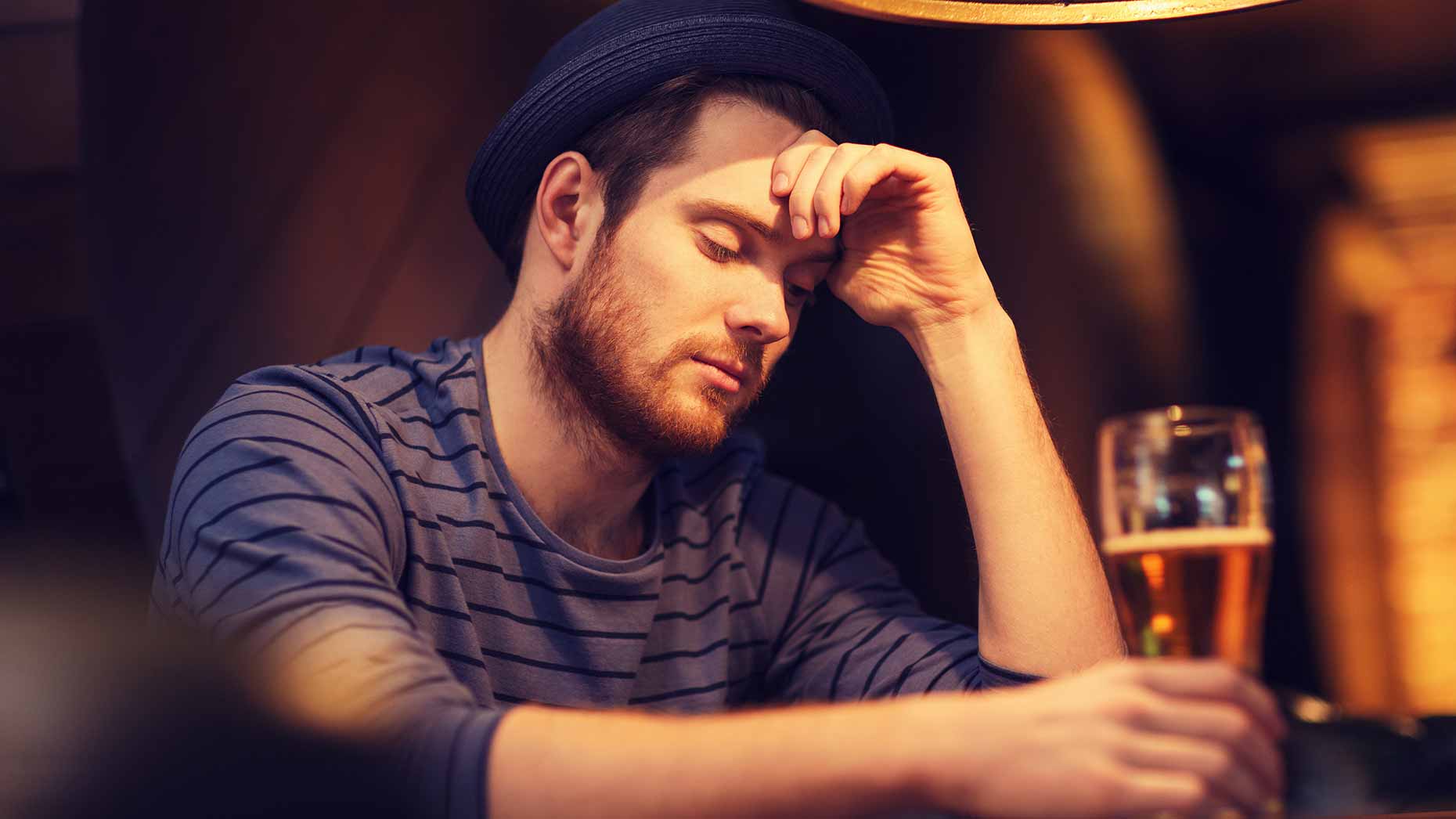We are getting closer to Blue Monday – apparently the most depressing day of the year. In 2019 it falls on January 21.
The idea of Blue Monday was based on research that revealed that we tend to be the most unhappy towards the end of January and traditionally Mondays take the lion’s share of grumpiness (have you started humming “I don’t like Mondays” yet?).
I’ve read somewhere that Blue Monday was a cunning marketing ploy by travel companies to get people booking their holidays. I can see a logic in this as it gives us something to look forward to and takes us through January, which sometimes seems like a month with no end.
The beginning of the year can be challenging to our mental health. A combination of post-Christmas blues, short days and possible financial worries following the festive season can make us feel down or stressed. On top of this, the end of January is often the time when we fall off the wagon of keeping our New Year’s resolutions on drinking less booze, eating healthier, exercising, dieting, watching less TV, reading more books – you name it.
Many of us struggle and are exhausted physically from pushing ourselves too hard rather than giving ourselves the time to recharge. We’re also drained emotionally from feeling guilty about not keeping up with the “New Year, new you” regime. The stress response kicks in and we feel even worse.
The important thing to remember is that you’re not alone with your feelings. Don’t let Blue Monday get to you and instead use the idea introduced by the Samaritans and turn it into Brew Monday. Connect with friends and family, enjoy a cup of tea (other non-alcoholic beverages are allowed) and chat about anything that may be bothering you. The Samaritans found out that nine out of ten Brits believe that a brew and a chat is the perfect way to reach out to other people. A YouGov survey commissioned for Brew Monday also discovered that eight out of ten people believe getting together for tea and a talk makes them feel better.
I think we’re putting ourselves under too much pressure in January. Don’t get me wrong, I’m all in for a fresh start, clean slate and trying to improve your physical health but making a lot of resolutions that we won’t be able to keep will only make us feel worse about ourselves. Use this time of the year as an opportunity to reflect and recharge.
Think about your achievements from 2018, what went well, how you felt then and how you can bring these feelings to help you through Blue Monday.
There are a lot of different reasons why less than 10 per cent of us manage to stick with our resolutions including being over ambitious and trying to change everything at once. I mean let’s face it, with tubs of Christmas chocolates still piled up in the lounge am I going to be able to resist it?
There’s one resolution, however, that I am going to stick to – and you can too. It’s not to let the Blue Monday get to you and use it as an opportunity to turn it into Brew Monday and talk about how January has been for you so far. And if you feel that you need to talk to professionals about your mental health, please visit your GP – they’re as interested in your mental health as they are in your physical health.
You can also self-refer to steps2change – a free NHS talking therapies service by going to www.steps2change.nhs.uk.
Nick Harwood is Service Manager for steps2change, talking therapies service run by Lincolnshire Partnership NHS Foundation Trust.







